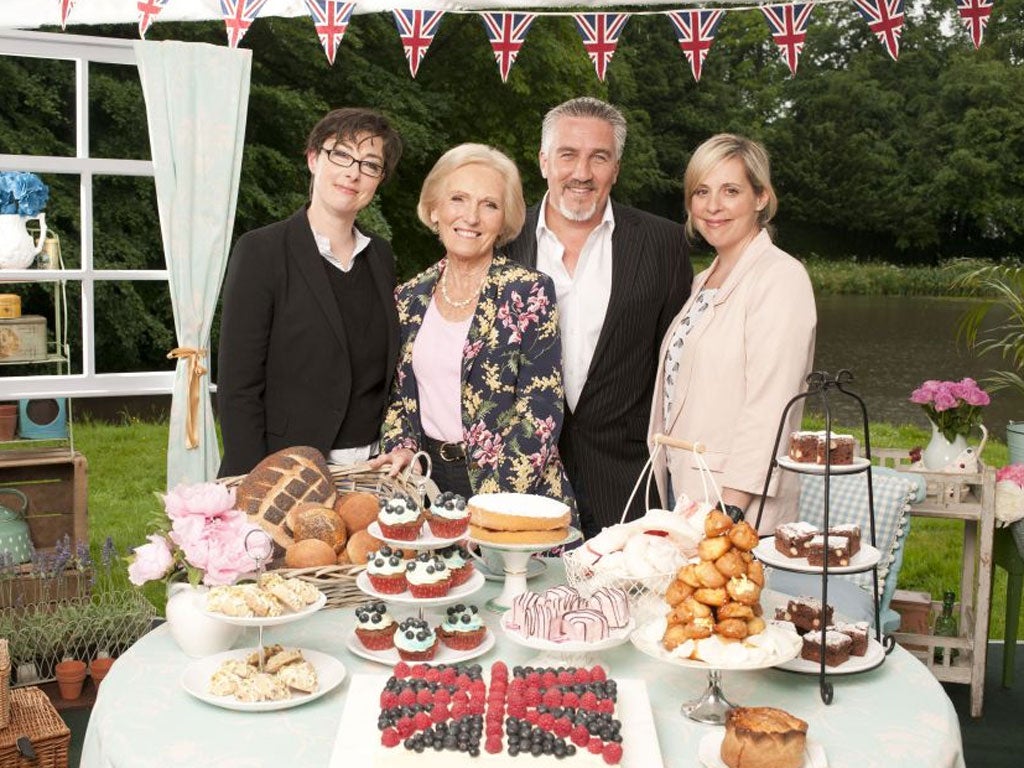From chemistry to cronuts: The rise of the student baker
Is this the end for Pot Noodles and crisp sandwiches?

Students are notorious for their unique lifestyle choices and behaviour habits, such as their preferred waking hours from around midday to five o’clock or their free-spirited approach to housekeeping.
As for their eating habits, it would be enough to make any self-respecting parent stop the car and drive back to their offspring’s salvation when the truth emerges about how well their little darling knows their way around the kitchen. Well enough to locate the nearest takeaway flyer, perhaps, and dial the six digits needed to get through to the desired food outlet of their choice. No vegetable peeling, oven cleaning or washing up required.
Surprisingly, this description of our current generation of bright young things may contain less truth than we think. Tired of being labelled as society’s late risers singlehandedly keeping Channel 5’s daytime TV shows in business, they are now fighting back to prove their skills in the kitchen.
One of the fully paid-up members of the baking brigade is Jason White, who took part in The Great British Bake Off while completing his engineering degree. The 21-year-old reckons that perseverance is crucial when perfecting that all-important Victoria sponge.
“My piece of advice is to not be put off when something goes wrong," he says, "because it is the worst thing when you spend hours trying to perfect something and you’ve bought all these expensive ingredients and you’ve invested so much time and effort and then it doesn’t work out. It’s happened to me so many times, but don’t be put off. Try again or maybe leave that recipe to the side and try something else.”
White, who describes himself as the main baker in his family, is self-taught: “I got a cookbook for my twelfth birthday and then from there I just started baking away.”
While he believes that parental support can be a great help for budding bakers, he confirms that even Bake Off contestants have to contend with the bugbear of many a student cook – tiny kitchens.
“My mum’s been good about it – she loves to see what I’m baking, but sometimes it can be a nightmare, because we do have a small kitchen too,” he says
Family support also matters to James Morton, who competed in last year’s final of The Great British Bake Off.
He says: "My gran inspired me to start baking. We would go over to her house and bake the classics, like lemon meringue pie and jam tarts.”
Morton agrees that determination is paramount, as he balances his “two lives”: his medicine degree at Glasgow University and his baking career. “I usually have to ask the medical school for a little bit of time off, but usually it’s fine. Medicine has always been the primary goal and will continue to be so. I’d never planned to be a full-time baker so baking is just something that keeps me very, very busy!”
The demands of balancing baking at such a high level with a degree are difficult, but White seems unfazed by the challenge, declaring that “I guess if you love baking, you just get on with it really.”
Emily Gussin, an English literature student at Leicester University, also believes that feeling at ease in the kitchen brings out the best in young bakers.
“I've been involved in baking since a young age, as my mum is a very good baker and cook," she says. "We bake for family gatherings a lot so it's nice to work together when I'm back from university.”
Gussin’s passion for all things pastry-related has also influenced her academic work, as she reveals that her final-year dissertation will be “a linguistic study of recipes. It seems like a random topic to most of my peers and was a surprise for my tutors but I'm really looking forward to working on it.”
Despite the unfortunate reputation that students have in the kitchen, it was reported recently that a quarter of adults questioned in a recent survey by Whitworths bring home-baked goods into work in a bid to get ahead of their colleagues or to make new friendships by saying it with cake. This was something that Gussin noticed herself, when her tray-bakes were a handy ice-breaker when she began studying at Leicester.
“Baking at university is something all students can benefit from. When I arrived at uni, my baking quickly won me friends and was a great way to get the flats on my floor all sitting together enjoying some baked goods and getting to know each other. I bake a range of different things, but at university it's good to bake crowd-pleasers. Sponge cakes, brownies and cookies always go down well!”
Although perhaps Morton, White and Gussin’s favourite way of putting the world to rights involves a cup of tea and a picturesque plate of petits fours that took them all of five minutes to make, how can we transform other students into fledgling Raymond Blancs? All three appear to agree that perseverance, family support and a keen interest in baking are necessary for anyone wanting to follow in Mary Berry’s footsteps. According to Gussin, “the demand [for home-baking] is there”, and a surefire way to entice wary novices into the kitchen is the simple fact that, wherever you are, baking a cake in the oven and sharing it with others is like “creating your own slice of home.”
Subscribe to Independent Premium to bookmark this article
Want to bookmark your favourite articles and stories to read or reference later? Start your Independent Premium subscription today.

Join our commenting forum
Join thought-provoking conversations, follow other Independent readers and see their replies